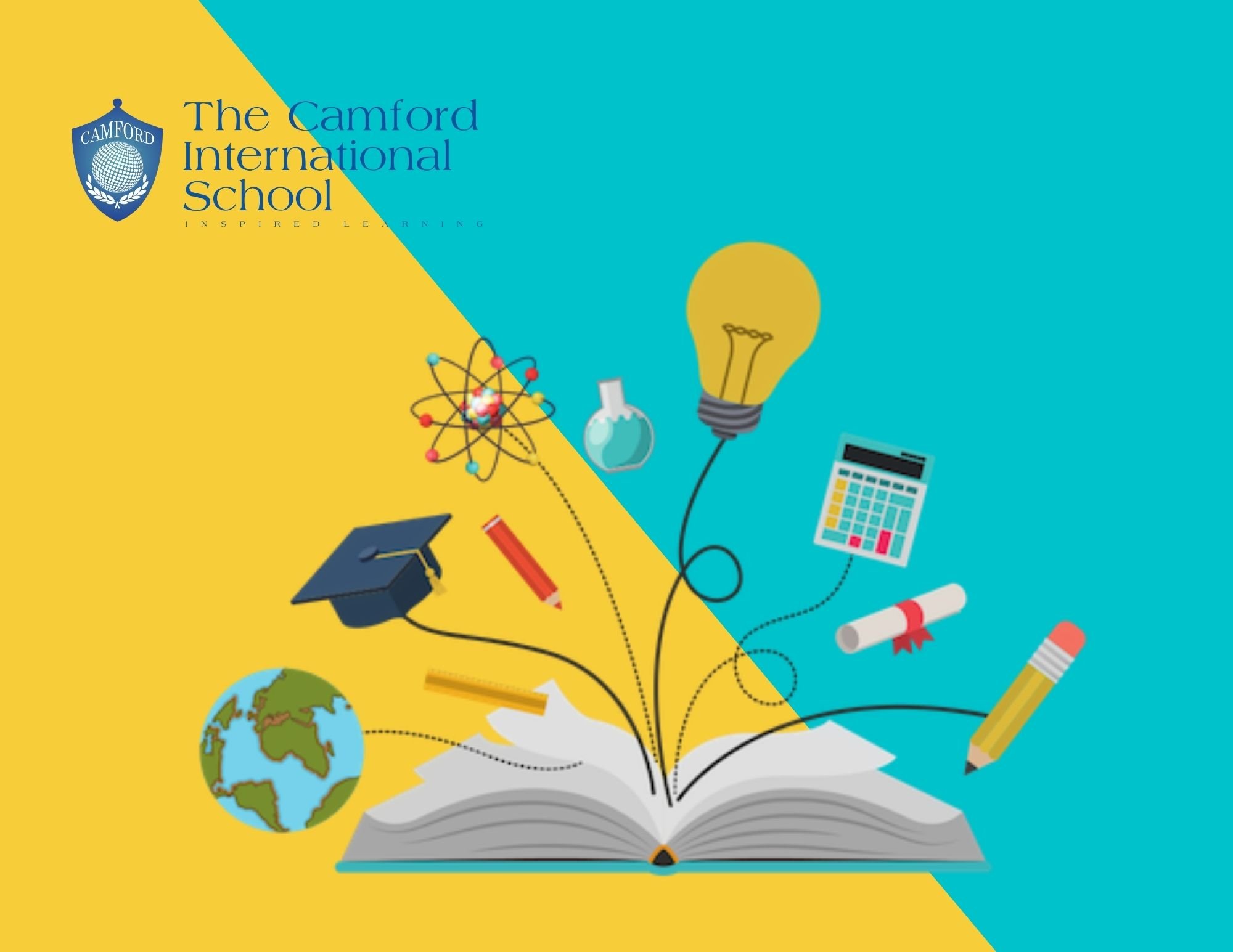Baeugi News Hub
Your source for the latest news and insightful articles.
The Learning Revolution: Are Textbooks Obsolete?
Is the era of textbooks fading? Discover the truth behind the Learning Revolution and what’s shaping the future of education!
Exploring Alternatives: What Replaces Textbooks in Modern Education?
The transition from traditional textbooks to modern educational resources has been a significant development in the realm of learning. Today, digital tools have emerged as popular replacements, offering engaging formats such as interactive eBooks and online courses. These options provide students with on-the-go access to content, which is particularly beneficial in remote learning environments. Moreover, platforms like Khan Academy and Coursera not only enhance knowledge acquisition but also allow students to tailor their learning experiences according to their specific needs and preferences.
In addition to digital resources, open educational resources (OER) are making waves as a cost-effective alternative to conventional textbooks. These resources include a variety of materials from lesson plans to complete courses that can be shared and modified, thus fostering collaboration among educators. Furthermore, podcasts and educational videos are increasingly utilized to convey complex concepts in a more digestible format, proving that the future of learning lies in flexibility and accessibility rather than reliance on traditional print materials.

The Digital Classroom: How Technology is Redefining Learning
The concept of the digital classroom has revolutionized the way educators engage with students. With the advent of modern technology, traditional teaching methods are being complemented—and even replaced—by innovative digital tools. These include online learning platforms, interactive whiteboards, and educational apps, all of which create a more immersive and flexible learning environment. As a result, students can access a wealth of information from anywhere, breaking the geographical barriers of education and promoting lifelong learning.
Furthermore, the integration of technology into the classroom allows for personalized learning experiences that cater to individual student needs. With tools like learning management systems and adaptive learning software, teachers can track progress and tailor their teaching strategies accordingly. This adaptability not only enhances student engagement but also fosters a sense of autonomy in the learning process. As we continue to explore the potential of the digital classroom, it is clear that technology is reshaping the educational landscape, making learning more accessible, engaging, and effective for all.
Are Textbooks Holding Students Back? A Look at Educational Progress
The traditional textbook has long been a staple in classrooms, but there is a growing debate about whether these static resources are holding students back in an age of rapidly evolving technology and educational methodologies. Many educators argue that textbooks, often laden with outdated information and one-size-fits-all approaches, fail to engage today's diverse learners. As digital tools and multimedia resources become more prevalent, students are finding that they can access information in more interactive and personalized ways, leading to a call for a shift away from traditional models of education.
Moreover, the reliance on textbooks can stifle critical thinking skills and creativity. When students are confined to the rigid structure of a textbook, their ability to explore subjects deeply and ask probing questions may be diminished. In contrast, educational progress that embraces inquiry-based learning, project-based assignments, and collaborative activities empowers students to take ownership of their learning journey. As we continue to evaluate the effectiveness of our educational systems, it is essential to consider how the traditional textbook model may inhibit innovation and adaptability among students, ultimately impacting their readiness for the future.